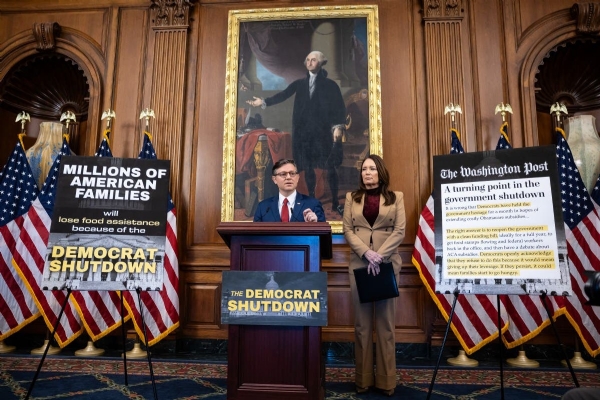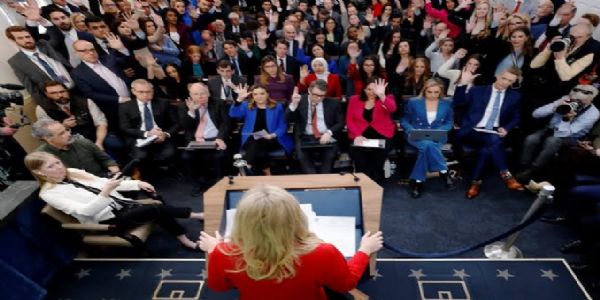
WASHINGTON, 1 November (H.S.): In a significant legal rebuke to the Trump administration, two federal judges on Friday issued rulings compelling the government to continue funding the Supplemental Nutrition Assistance Program (SNAP) for more than 40 million Americans, just hours before benefits were set to expire due to the ongoing government shutdown.
The decisions in Rhode Island and Massachusetts provide a critical, albeit potentially temporary, lifeline for low-income families who rely on the aid.The rulings came in response to lawsuits filed by multiple states, cities, and non-profit organizations after the US Department of Agriculture (USDA) announced it would halt SNAP payments for November, claiming the well has run dry as the shutdown entered its second month.
In Rhode Island, US District Judge John McConnell declared that irreparable harm will begin to occur if it hasn't already and ordered the administration to tap into a nearly $6 billion emergency contingency fund to maintain the program. He argued that the continuation of the program was a necessity that the shutdown did not override.
Simultaneously, in Massachusetts, US District Judge Indira Talwani found that the states suing the government were likely to succeed in their claim that Congress intended for SNAP benefits to continue, even at a reduced rate, if appropriated funds were insufficient. She ordered the administration to report back by Monday on whether it would authorize at least partial benefits for November by using the contingency fund or by transferring money from other programs.
The USDA had previously argued that the contingency fund was reserved for emergencies like natural disasters and was insufficient to cover the full monthly cost of the program, which is estimated to be between $8.5 and $9 billion.
Even with the court orders, a full restoration of benefits is not guaranteed. According to the Center on Budget and Policy Priorities, the contingency fund alone can only cover about 60% of one month's payments.The rulings were hailed as a victory by anti-hunger advocates. The group behind the Rhode Island lawsuit stated the decision is a lifeline for millions of families and reaffirms a fundamental principle: no administration can use hunger as a political weapon.
The White House and the USDA have not yet commented on whether they will comply with the orders or appeal the decisions.
---------------
Hindusthan Samachar / Jun Sarkar








